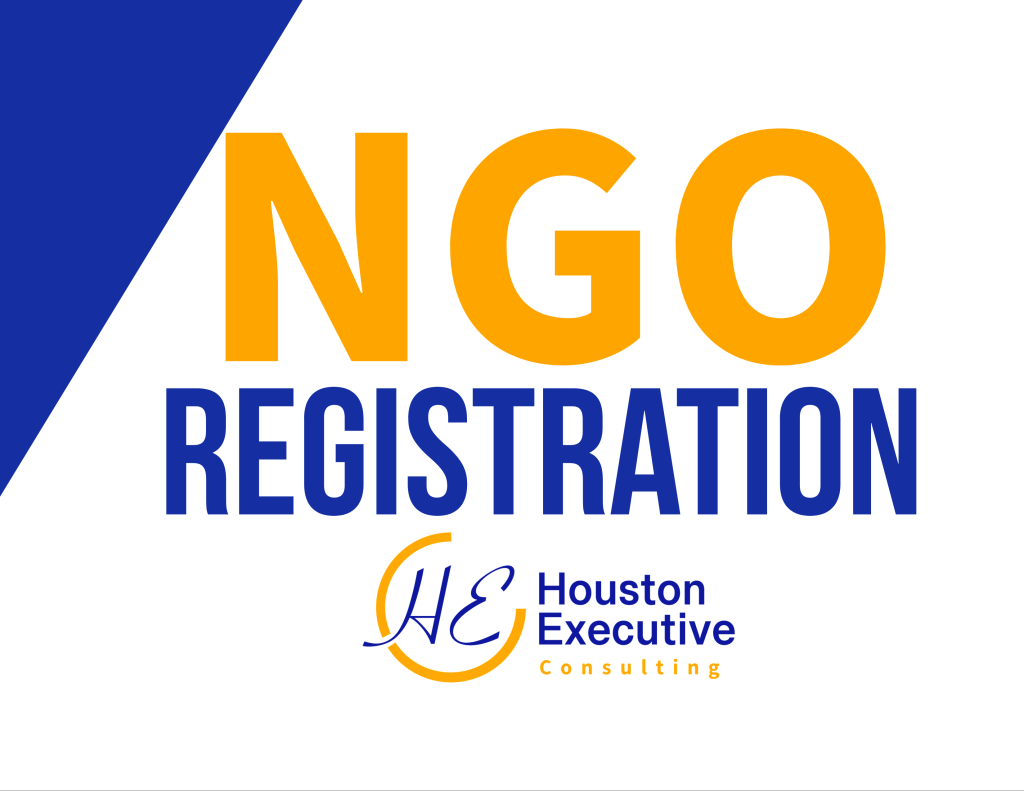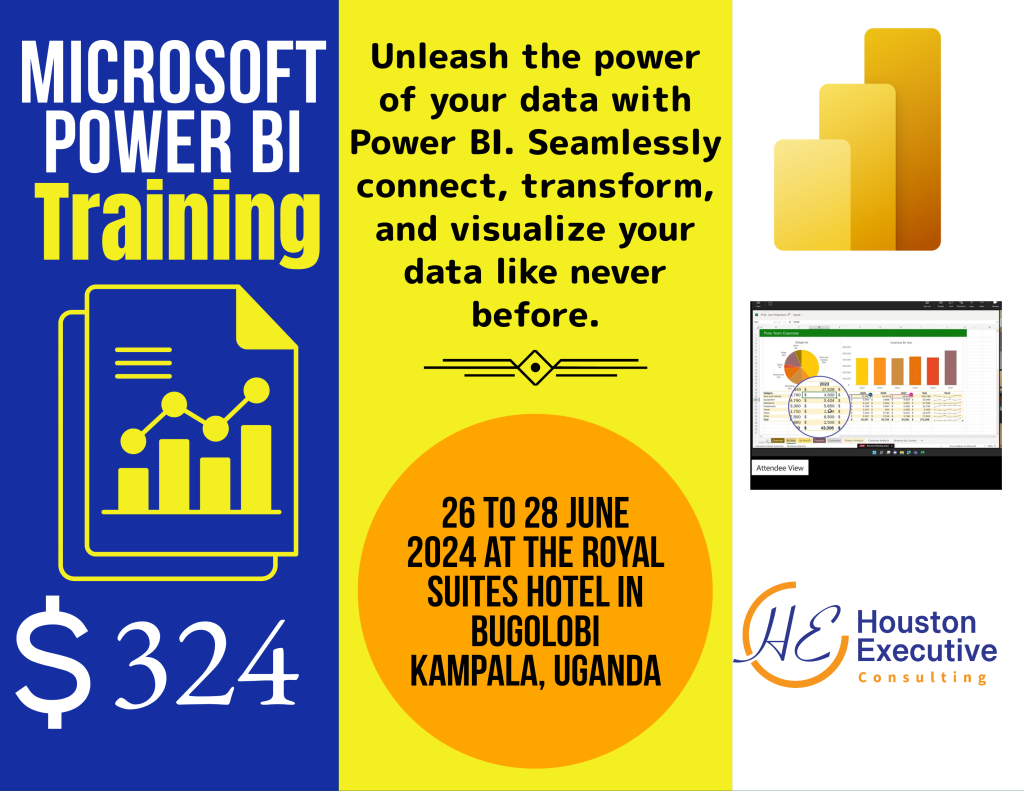10 Requirements to Open a Business Current Account in Uganda
In this article We Explore the Requirements to Open a Company Current Account in Uganda. The specific requirements to open a company account can vary depending on the bank, or any other financial institution, and the type of company you’re operating.
However, we have put together a list of 10 General Requirements for Opening a Current Company/Business Bank Account in Uganda.
1. Business Entity Information.
Registered business name and legal structure (e.g., corporation, LLC, sole proprietorship, partnership).
Business address and contact details. This may include the names, mailing addresses, email addresses, and phone numbers.
2. Business Documentation.
There are many different critical documents required to form a company and they are required to open a current account for a business. These include the following:
Certificate of Incorporation or Registration: This is proof that your business is legally registered with the Uganda Registration Services Bureau. This is a government agency responsible for various registrations, including civil and business registrations, as well as patents and intellectual property rights, and any other registrations mandated by law.
Articles of Organization/Incorporation: These outline the purpose, structure, and management of your company.
Business License: Depending on your location and industry, you may need specific licenses or permits to operate.
3. Tax Identification Numbers.
You will be required to present the Tax Identification Number (TIN) or Tax Exemption Certificate. This is required for tax purposes and to verify your business’s legitimacy and willingness to comply with the taxation laws.
4. Ownership and Authorized Signers.
List of business owners, partners, or shareholders. This also comes with the identification and personal information of authorized signers who can access and manage the account.
5. Identification Documents.
You have to prepare valid photo identification of related parties and beneficial owner (e.g., passport, national ID, and driver’s license) for authorized signers and business owners. Photo identification or photo ID is an identity document that includes a photograph of the holder, usually only their face. The most commonly accepted forms of photo ID are those issued by government authorities, such as driver’s licenses, identity cards, and passports.
A Beneficial Owner Is an Individual with Shareholding > 10%, A Related Party Is a Director and Authorized Account Signatories.
6. Business Banking Resolution.
When you create a resolution to open a bank account, you need to include the legal name of the corporation, the name of the bank where the account will be created, and if possible, the branch. This is a document that designates who has the authority to open and manage the account on behalf of the company.
7. Initial Deposit.
It’s important to note that certain banks may ask for an initial deposit when opening an account. For instance, some banks require a minimum deposit of UGX 1,000,000 ($270), while others may ask for a lesser amount of UGX 100,000 ($27) as an initial deposit.
8. Business Plan or Purpose.
This is an explanation of your business activities, source of funds, and expected account usage. It may be used later when you need a loan to examine, capacity, collateral, capital, and conditions.
A business plan is a document that defines in detail a company’s objectives and how it plans to achieve its goals. A business plan lays out a written road map for the firm from marketing, financial, and operational standpoints. Both startups and established companies use business plans.
9. Proof of Address.
This can be addressed by presenting a utility bill or other document that verifies your business address like a lease, mortgage statement, landlord verification, and business license from the Kampala Capital City Authority (KCCA).
10. Additional Documentation.
Depending on the bank’s policies and your business type, you might need to provide additional documents such as financial statements, business references, or partnership agreements.
Please be aware that the requirements for opening a bank account can differ depending on the jurisdiction and the bank’s policies. To ensure that you have the correct information, it’s recommended that you contact the specific bank or financial institution where you plan to open your account. While there, you will inquire about their specific requirements and procedures. If you’re uncertain about the process, it might be helpful to seek guidance from a legal or financial professional who can assist you.
You need to consider your business needs before choosing a bank with which to open a business account. You have to look at things like location, fees, minimum balance requirements, account features, and loan interest rates. Also, consider the possible integrations for the different payment methods.
Please Find Below the Links to The Banks in Uganda
- Bank of Uganda
- ABC Capital Bank
- Bank of Africa
- Bank of Baroda
- Absa Bank Uganda Limited
- Cairo International Bank
- Centenary Bank
- Citibank Uganda Limited
- DFCU Bank
- Diamond Trust Bank
- Ecobank Uganda
- Equity Bank
- GT Bank
- Finance Trust Bank
- Housing Finance Bank
- Imperial Bank Uganda
- KCB Bank
- NC Bank Uganda
- I&M Bank Uganda
- Stanbic Bank
- Standard Chartered Bank
- Tropical Bank
- UBA Bank
More information about the financial institutions in Uganda can be found below:
Uganda Supervised Financial Institutions
Conclusion
If you plan to open a business account, gather all necessary documents including your company’s incorporation papers. Visit your preferred bank or schedule an appointment with a bank advisor. Attend the appointment and submit all necessary documents. Wait for the bank to process your application, conduct a thorough investigation, and ultimately open a bank account for your company.












